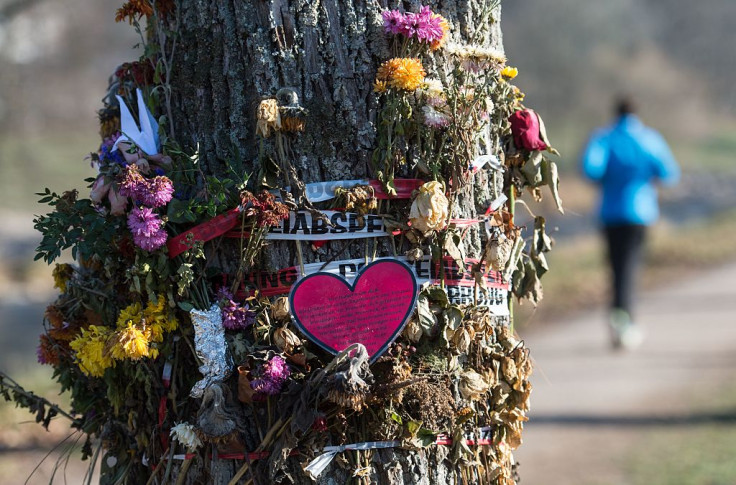Germans urged not to scapegoat refugees after rape and murder of Freiburg student
An Afghan asylum seeker has been arrested in connection with the crime.

German Vice Chancellor Sigmar Gabriel has urged the people of his country to avoid "rabble-rousing and conspiracy propaganda" after an Afghan teenager was arrested in connection with the rape and murder of a university student.
Police found the body of the 19-year-old medical student in Freiburg, Saxony, on 16 October, after she went missing when cycling home from a party. A post-mortem showed she had been violently attacked and raped before drowning.
An Afghan 17-year-old, who sought asylum in Germany as an unaccompanied minor in 2015, has been arrested in connection with the attack. Police said traces of his DNA have been found near the victim's body.
In accordance with German law, neither the victim nor the attacker have been officially named, although the student has been named by local media as Maria Ladenburger. She volunteered at a refugee home in her spare time but it is unknown whether she knew the suspect.
The killing comes amid rising support in regional elections for the anti-immigration AfD party, which has fiercely criticised German Chancellor Angela Merkel's open door refugee policy.
Jörg Meuthen, the co-leader of the AfD, said the government bears "a decisive share of the responsibility" for the woman's death.
In an article published in mass market tabloid Bild on Monday, Gabriel urged Germans not to scapegoat migrants. He declared, "We will not allow incitement after such violent crimes, no matter who commits them."
Julia Klöckner, a senior member of Merkel's CDU said, "Such atrocities are committed by natives and foreigners – this isn't a new phenomenon."
There have been rising tensions over immigration in Germany since the New Year's Eve sex attacks in Cologne, when more than 1,000 women were sexually assaulted by groups of men described as being of Arab or Middle Eastern appearance.
The Federal Criminal Police Agency says crimes committed by asylum seekers have not risen significantly in proportion to the number of refugees, with sexual offences accounting for less than one per cent of refugee-related crime.
An increase in attacks on refugee shelters was recorded in the wake of the Cologne assaults.
© Copyright IBTimes 2025. All rights reserved.




















